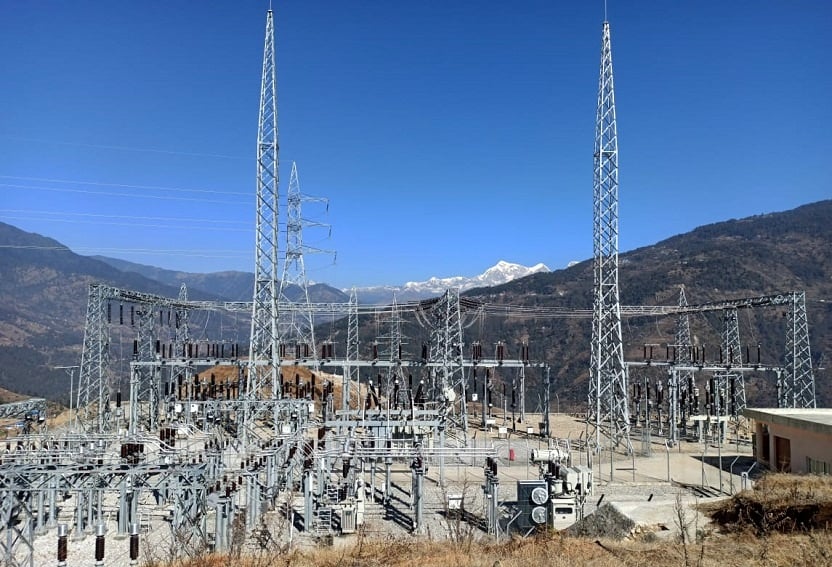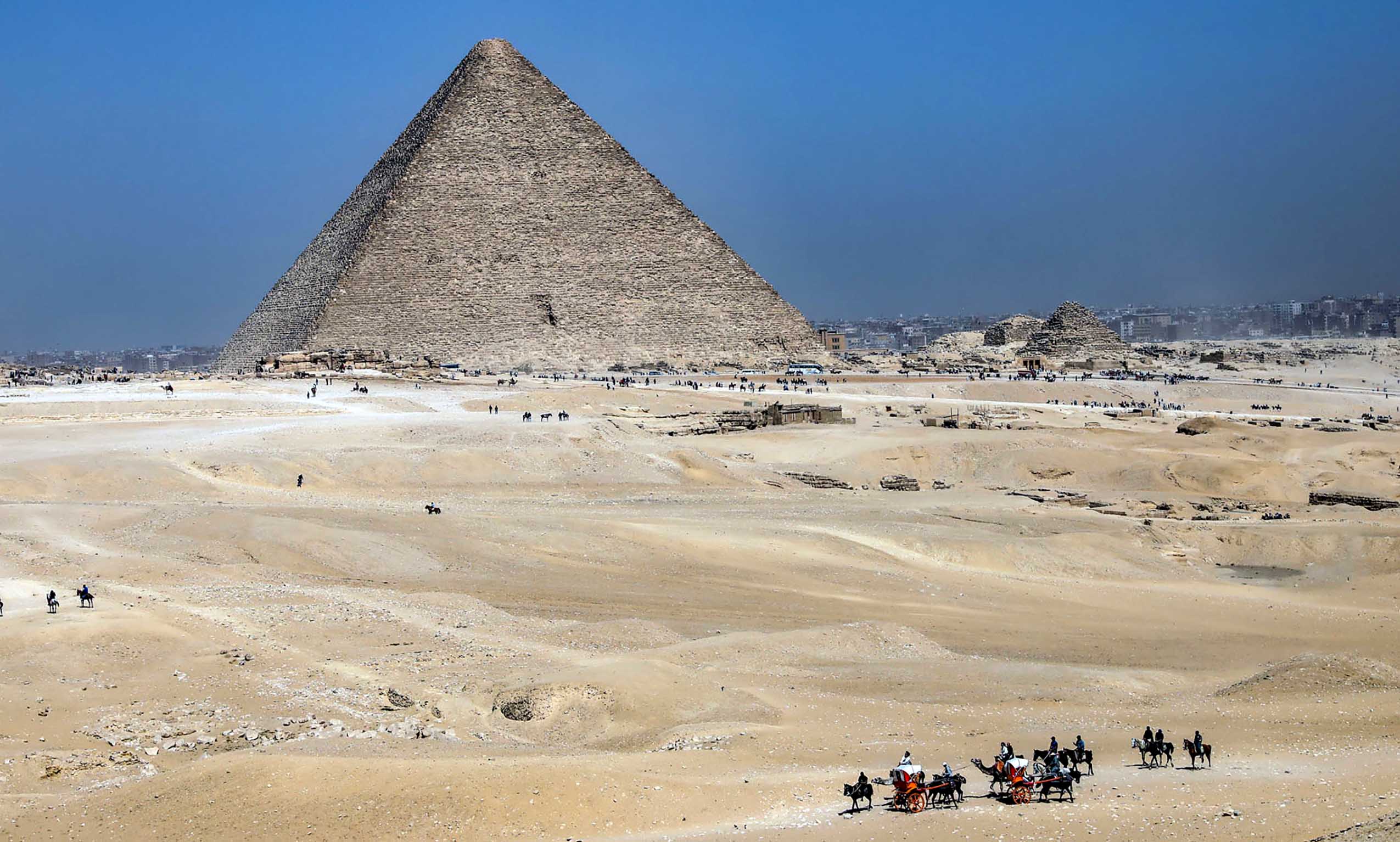Is Russia preparing to invade Ukraine? And other questions
Are Russian forces getting ready for war in Ukraine? US President Joe Biden is certainly expecting some kind of military move.

JAN 25: Russia wants the West to promise that Ukraine will not join its Nato defensive alliance, and although the two sides are negotiating, that is not going to happen. What happens next could jeopardise Europe's entire security structure.
Why is Russia threatening Ukraine?
Russia denies it's planning any invasion, but it has seized Ukrainian territory before and it has an estimated 100,000 troops deployed near its borders.
Russia has long resisted Ukraine's move towards European institutions, and Nato in particular.
Ukraine shares borders with both the EU and Russia, but as a former Soviet republic it has deep social and cultural ties with Russia, and Russian is widely spoken there.
When Ukrainians deposed their pro-Russian president in early 2014, Russia annexed Ukraine's southern Crimean peninsula and backed separatists who captured large swathes of eastern Ukraine. The rebels have fought the Ukrainian military ever since in a conflict that has claimed more than 14,000 lives.
How big is the risk of invasion?
Russia says it has no plans to attack Ukraine: and armed forces chief Valery Gerasimov even denounced reports of an impending invasion as a lie.
But tensions are high and President Vladimir Putin has threatened "appropriate retaliatory military-technical measures" if what he calls the West's aggressive approach continues.
Nato's secretary general warns the risk of conflict is real and President Biden says his guess is that Russia will move in. The US says it knows of Russian plans to boost its forces near Ukraine "on very short notice".
The US says Russia has offered no explanation for the troops posted close to Ukraine - and Russian troops and tanks have headed to Belarus for exercises.
Russia's deputy foreign minister compared the current situation to the 1962 Cuban missile crisis, when the US and Soviet Union came close to nuclear conflict.
Western intelligence suggests a Russian incursion or invasion could happen some time in early 2022.
What does Russia want from Nato?
Russia has spoken of a "moment of truth" in recasting its relationship with Nato: "For us it's absolutely mandatory to ensure Ukraine never, ever becomes a member of Nato," said Deputy Foreign Minister Sergei Ryabkov.
Moscow accuses Nato countries of "pumping" Ukraine with weapons and the US of stoking tensions. President Putin has complained Russia has "nowhere further to retreat to - do they think we'll just sit idly by?"
In reality Russia wants Nato to return to its pre-1997 borders.
It demands no more eastward expansion and an end to Nato military activity in Eastern Europe. That would mean combat units being pulled out of Poland and the Baltic republics of Estonia, Latvia and Lithuania, and no missiles deployed in countries such as Poland and Romania.
Russia has also proposed a treaty with the US barring nuclear weapons from being deployed beyond their national territories.
What does Russia want with Ukraine?
Russia seized Crimea in 2014 arguing it had a historic claim to it. Ukraine was part of the Soviet Union, which collapsed in December 1991 and Mr Putin said it was the "disintegration of historical Russia".
A clue to President Putin's thinking on Ukraine came in a lengthy piece last year when he called Russians and Ukrainians "one nation". He labelled Ukraine's current leaders as running an "anti-Russian project".
Russia has also become frustrated that a 2015 Minsk peace deal for eastern Ukraine is far from being fulfilled.
There are still no arrangements for independently monitored elections in the separatist regions. Russia denies accusations that it is part of the lingering conflict.
Can Russian action be stopped?
President Vladimir Putin has spoken several times to Mr Biden and high-level talks continue, but Russian officials have warned that Western rejection of their key demands are leading to a "dead end".
The question is how far Russia will go. President Biden has warned that a full-scale invasion would be a disaster for Russia. But if it was a minor incursion, he said controversially that the West would "end up having to fight about what to do".
The White House has stressed any move across the border constitutes a renewed invasion - but points out Russia has other weapons, including cyber-attacks and paramilitary tactics.
The Pentagon has accused Russia of preparing a so-called false-flag operation, with operatives ready to carry out acts of sabotage against Russian-backed rebels, to provide a pretext for invasion. Russia has denied it.
Russia has also handed out 500,000 passports in rebel-run areas, so if it does not get what it wants then it could justify any action as protecting its own citizens.
However, if Russia's only aim is to force Nato away from its backyard, there is no sign of it succeeding.
Nato's 30 members have turned down flat any attempt to tie their hands for the future. "We will not allow anyone to slam closed Nato's open-door policy," said US Deputy Secretary of State Wendy Sherman.
Ukraine is looking for a clear timeline to join and Nato says Russia has "no veto, no right to interfere in that process".
And non-Nato members Sweden and Finland have also rejected Russia's attempt to stop them beefing up their ties with the alliance. "We will not let go of our room for manoeuvre," said Finland's prime minister.
How far will the West go for Ukraine?
The US has made clear it has no plans to send combat troops, while being committed to helping Ukraine defend its "sovereign territory".
The main tools in the West's armoury appears to be sanctions and military aid in the form of advisers and weapons.
President Biden has threatened Russia's leader with measures "like none he's ever seen" if Ukraine is attacked. So what would they involve?
The ultimate economic hit would be to disconnect Russia's banking system from the international Swift payment system. That has always been seen very much as a last resort, but Latvia has said it would send a strong message to Moscow.
Another key threat is to prevent the opening of Russia's Nord Stream 2 gas pipeline in Germany, and approval for that is currently being decided by Germany's energy regulator.
There could also be measures targeting Russia's RDIF sovereign wealth fund or restrictions on banks converting roubles into foreign currency.
Is the West united in its response?
Washington has said it is committed to "working in lockstep" with its allies, but there are divisions between the US and Europe.
European leaders are adamant that Russia cannot just decide on the future with the US. France has even proposed that Europeans work together with Nato and then conduct their own dialogue with Russia.




_GuyKOE272v.png)





Leave Comment